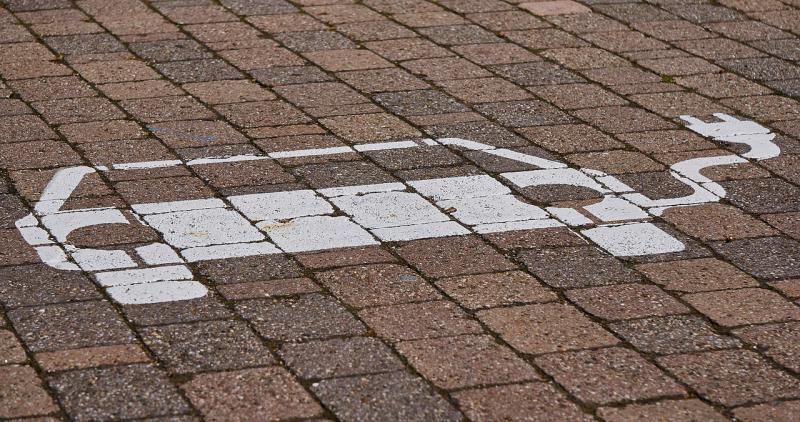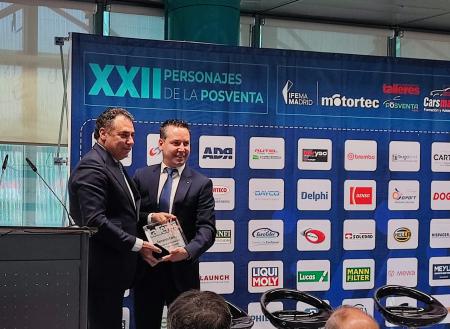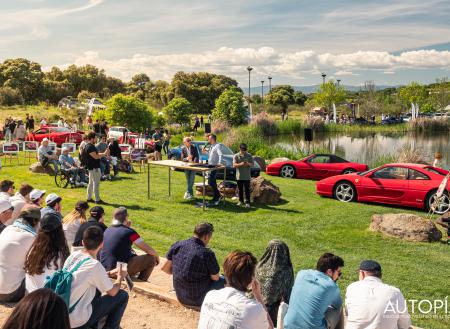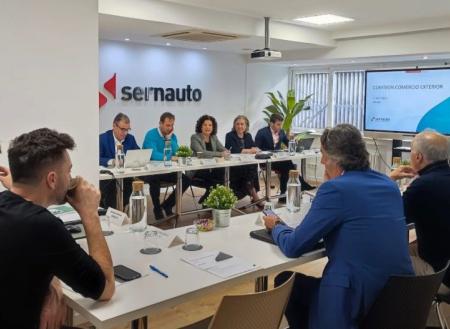CIDETEC Energy Storage participates in a project that will pave the way to offering a second life to electric vehicle batteries
In the upcoming years, the European industry will face the challenge of managing a large fleet of batteries installed in the electromobility sector that is reaching the end of its useful life. BATTERY2LIFE is a European project led by the Institute of Communication and Computer Systems (ICCS) and promoted by CIDETEC Energy Storage. During its three-year duration, the project aims to introduce an innovative concept that will facilitate the smooth transition of the batteries to a second life, for which it has an international consortium of 11 partners and will invest more than 4 million euros.
To achieve these objectives, BATTERY2LIFE will develop two solutions. The first solution is an open, cloud-based BMS responsible for managing battery charging and discharging. This solution will enable interoperability between different chemistries, technologies, protocols, and applications.
On one hand, a solution will be developed to facilitate the reconfiguration of a system of batteries that have reached the end of their useful life for which they were conceived, granting them a second life in stationary applications. On the other hand, a new battery design will be developed from scratch, offering manufacturers a solution to meet first and second life requirements from the production stage, based on ecodesign and circular economy principles.
The BATTERY2LIFE project will integrate solutions developed in two use cases that demonstrate their viability. The first of these will transition end-of-life batteries to a commercial-scale storage application, a microgrid, which aims to reduce peak demand and provide constant back-up to the entire grid. The second, is aimed at energy storage for domestic use, where the efficiency of the system in a second life will be evaluated.
CIDETEC Energy Storage, in addition to being technically responsible for BATTERY2LIFE, will contribute to tasks such as reliability and safety, critical aspects in second-life application for batteries. To this end, advanced functionalities for diagnosing degradation mechanisms and estimating the RUL (Remaining Useful Life) will be implemented, together with the early detection and prevention of events such as the thermal runaway. A second-life system sizing tool will also be developed to ensure that the system will be able to meet the needs of the new application in the short and long term.
Projects like this are in line with CIDETEC Energy Storage's commitment to sustainability, as well as with other initiatives such as ZIRKULAR BAT, the hub for the circular economy of batteries that CIDETEC coordinates together with Naturklima, the Gipuzkoa Climate Change Foundation, and the Sustainability Department of the Gipuzkoa Provincial Council.







